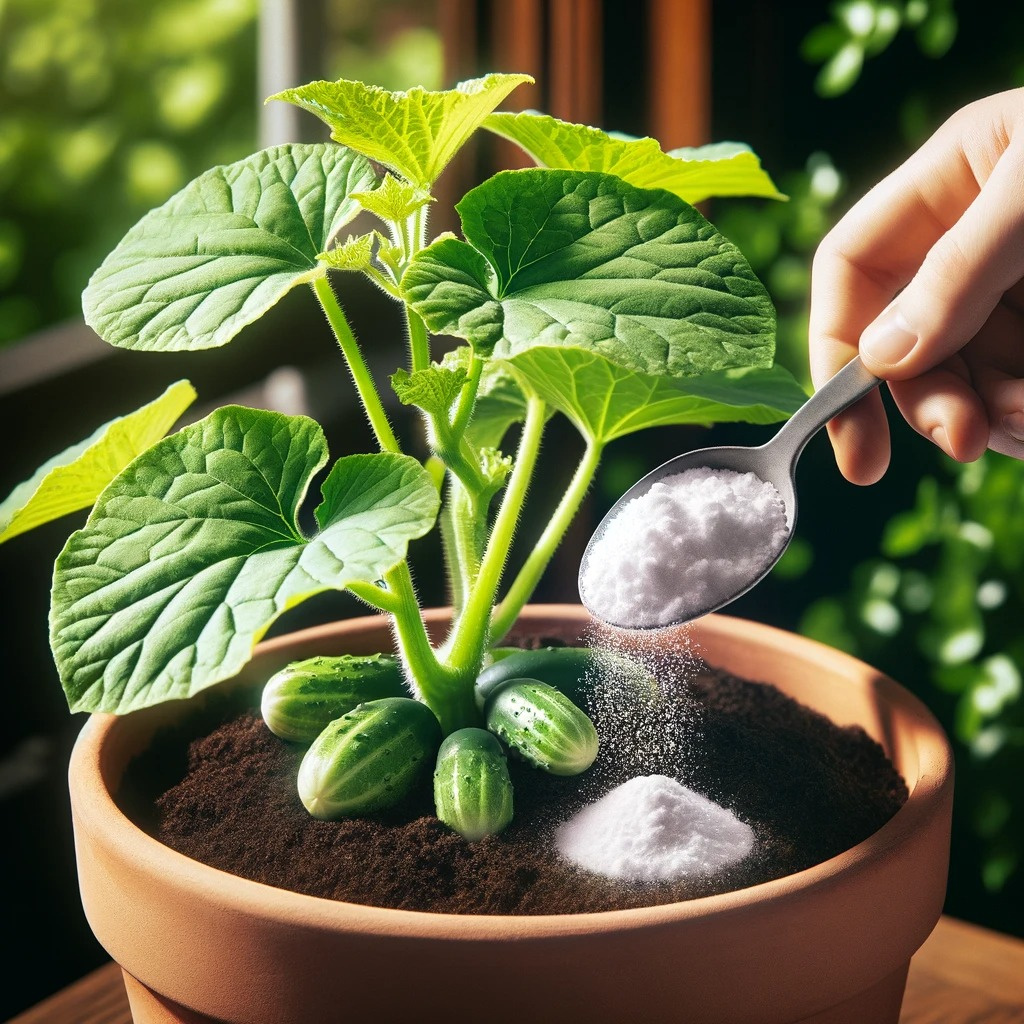
Experienced gardeners often employ various techniques to maximize the yield of their crops, including cucumbers. While there isn’t a single “magic” solution that guarantees double the harvest, certain practices can significantly enhance plant growth and productivity. One such practice that experienced gardeners may employ when planting cucumbers is the use of compost tea.
Compost tea is a nutrient-rich liquid fertilizer made from steeping compost in water. It provides plants with essential nutrients and beneficial microorganisms, promoting healthy growth and higher yields. When used in conjunction with other best practices for cucumber cultivation, such as proper spacing, adequate sunlight, and regular watering, compost tea can contribute to increased harvests.
Here’s how experienced gardeners might use compost tea when planting cucumbers to enhance their yield:
- Prepare Compost Tea: Steep well-aged compost in water for 24-48 hours to create compost tea. Strain the liquid to remove solid particles, resulting in a nutrient-rich solution.
- Planting: Before planting cucumber seeds or seedlings, apply compost tea to the soil in the planting area. This provides a boost of nutrients to the soil, which will support healthy root development and initial growth.
- Fertilization Throughout the Season: As the cucumber plants grow, continue to apply compost tea as a regular part of your fertilization routine. Watering with compost tea every 1-2 weeks can ensure a steady supply of nutrients to the plants, promoting vigorous growth and fruit production.
- Foliar Feeding: In addition to watering the soil with compost tea, some gardeners may also use it as a foliar spray. Spraying the foliage of cucumber plants with diluted compost tea can provide nutrients directly to the leaves, enhancing photosynthesis and overall plant health.
- Mulching: After planting, mulch around the cucumber plants with organic materials such as straw or compost. This helps conserve soil moisture, suppress weeds, and gradually release nutrients into the soil as the mulch decomposes.
- Regular Maintenance: Monitor the cucumber plants regularly for signs of pests, diseases, or nutrient deficiencies. Address any issues promptly to ensure optimal growth and productivity.
While compost tea can be a valuable tool for enhancing plant growth and increasing yields, it’s essential to remember that it is just one component of successful cucumber cultivation. Proper care, attention to detail, and adherence to best practices throughout the growing season are key to achieving a bountiful harvest.
